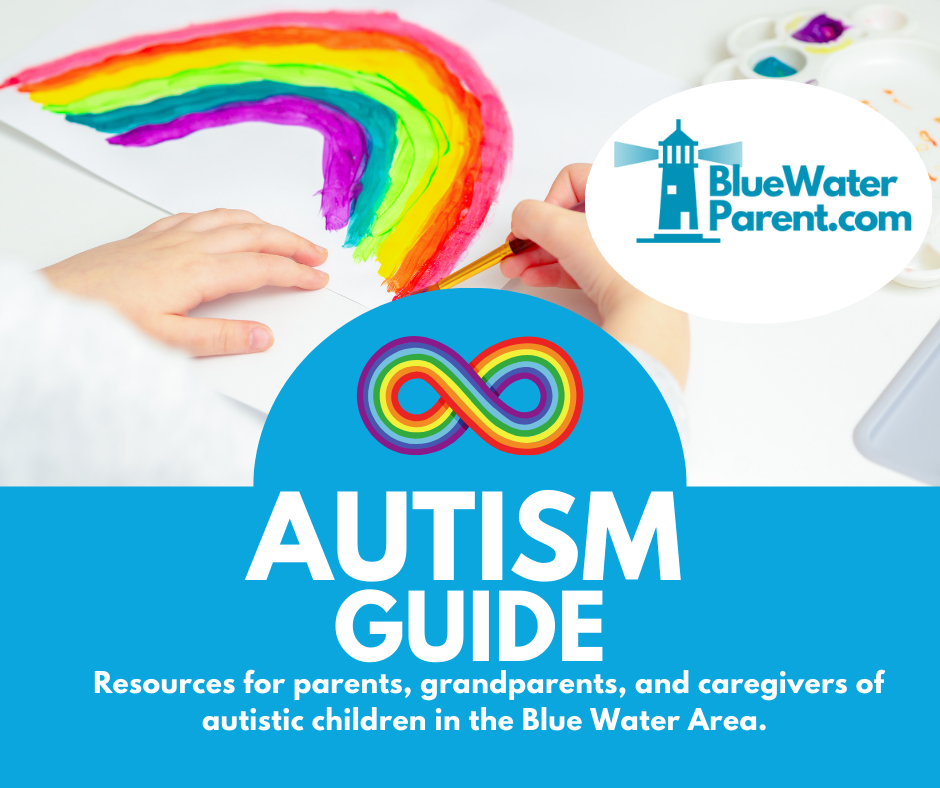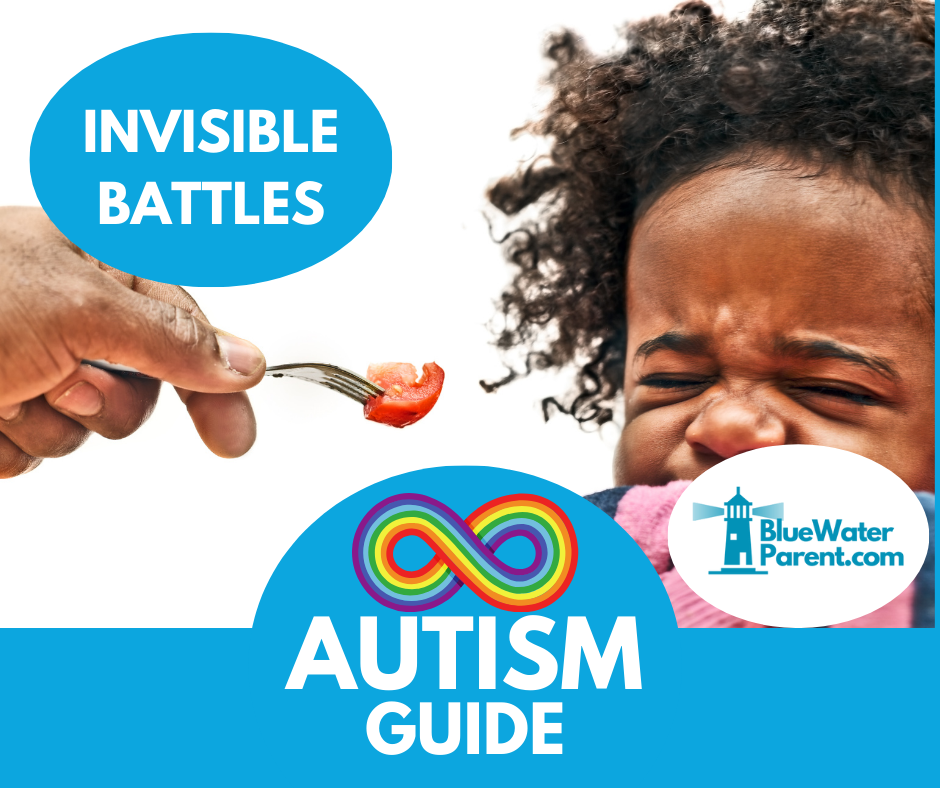Published January 14, 2025
Parenting blogger Jackie Davidson shares her perspective on the invisible battles that parents face, particularly when parenting children with special needs.
The Battlefield
As parents to any child, there are battles we face at home that no one sees or can understand unless they are a parent or caregiver to that specific child. If we all think about it, I’m sure we can easily think of at least five to one million battles we have fought that no one is aware of. This is no different for autism parents or caregivers, but it is a lot more intense and a lot more isolating.
Sleep Battles
Most parents are used to being woken up often when their kids are little and then maybe here and there once they’re older. It’s typical to not sleep all night as a parent. What isn’t typical is when your child still sleeps like a newborn at age 10 or they slept well and then one day they just decide to stop altogether. What’s not typical is waking up to screaming and loud noises as your child stims in the middle of the night to calm their body.
It is very common for neurodivergent people to struggle with sleep and it can come in waves or be constant. It is also common for parents or caregivers to put safety measures in place while their autistic child sleeps because if they leave their room during the night a lot of really scary things could happen. This means that every time they need to use the restroom the caregivers are up with them. Remember this is not just for two or three-year-olds, this might go on well into adolescence or beyond.
Food Battles
We all fight with our kids about food at some point. It’s pretty typical for kids not to want to eat vegetables at some point or want cookies before they eat a piece of chicken. What’s not typical is when they will just completely refuse to eat anything at all except a handful of foods. We call this handful of foods safe foods because our kids aren’t just being picky. Eating new foods causes anxiety and a loss of control that can trigger complete meltdowns and the child would starve themselves before eating that particular food.
Most autistic individuals who have sensory issues with texture have problems with a lot of foods because of the way they feel in their mouth causing gagging and eventually severe reactions to the look of the food. Some struggle with fresh vegetables and fruit because they are inconsistent throughout the year. Strawberries taste very different in summer than they do in winter, seasonal foods often get taken off the safe food list very early and it becomes very rigid.
Eating patterns may also be very different than most of the world. Our kids will often only eat when they are hungry and if that isn’t right when lunch is being served at school or an event that might cause a whole other issue. Lydia tends to start eating around 5 pm and not stop until 8 pm. We are used to it, but the rest of the world is not.
Clothing
Neurodivergent people often struggle with the feel of clothing on their bodies. Sometimes it’s too tight, having long sleeves is restricting, or maybe a strong preference for a material like khakis. Some hate the feeling of layering clothes such as wearing coats. Often young autistic kids will choose easy slip-on shoes because they are behind in fine motor skills, this becomes a problem when they hit the size 1 or above in kids sizes when they pretty much only make tie shoes.
These examples might not sound like a big deal until they stop making the exact brand of khakis the child decided they will only wear or until it’s -20 out and they are refusing to put on a winter coat because of a sensory need. One of my favorite stories happened about a week after we received Lydia’s diagnosis. We were at home and it had just freshly snowed and we got the twins dressed up to go outside and play. We were still fresh off the diagnosis train and looked outside to see the kids playing and we saw a very happy but very nude Lydia running across the snow-filled yard. If there was ever a doubt she was autistic, it wasn’t at that moment.
Common Battles, but a Different Level
It’s important to understand that often children have battles in most of these areas at some point, however, they grow out of it or you can reason with them. As autism parents, we often can’t reason and they don’t grow out of it. The reasons for the battles are part of their disability and their need for control. Our children can be rigid to the point of being detrimental to their own well-being and traditional ways of “dealing” with these behaviors will not work. There is no making someone sleep or eat or keep their clothes on, they have to want to do those things. And, unfortunately, not sleeping, lack of nutrition, and constant sensory overload from clothing can exacerbate autistic behaviors and leave us in a never-ending cycle of battle.
Story by Jackie Davidson for BlueWaterParent.com.
All content of BlueWaterParent.com is for informational and entertainment purposes only and does not constitute medical advice.




